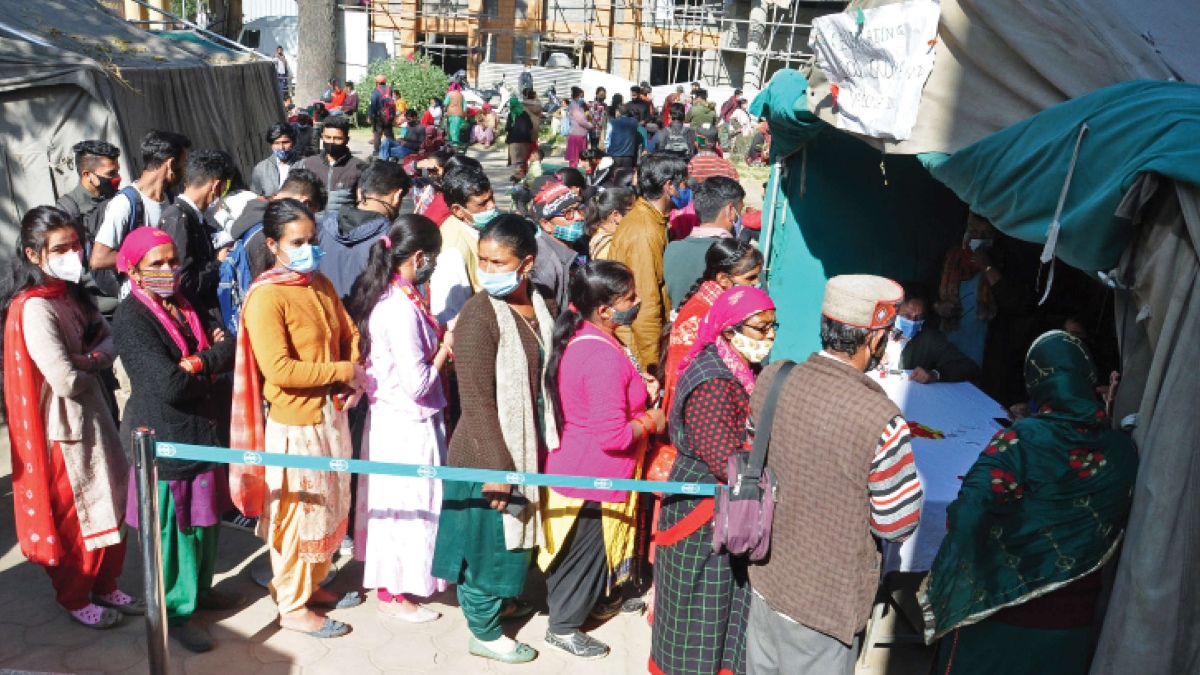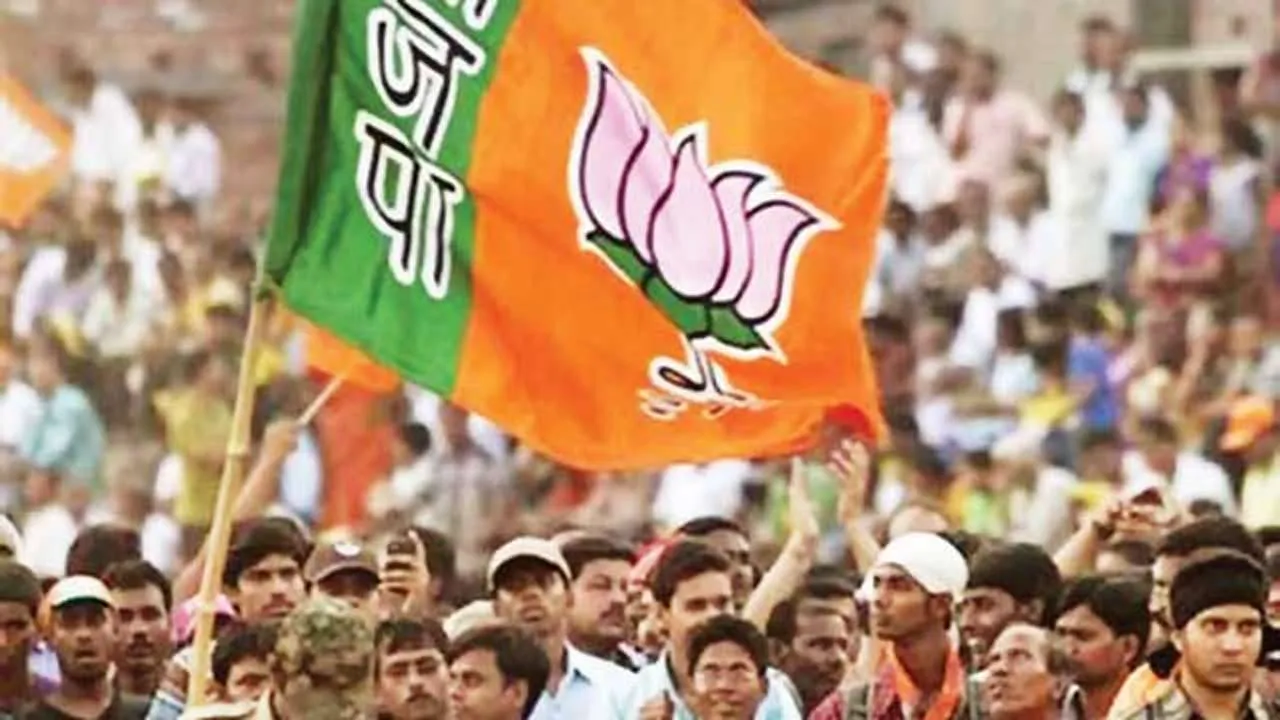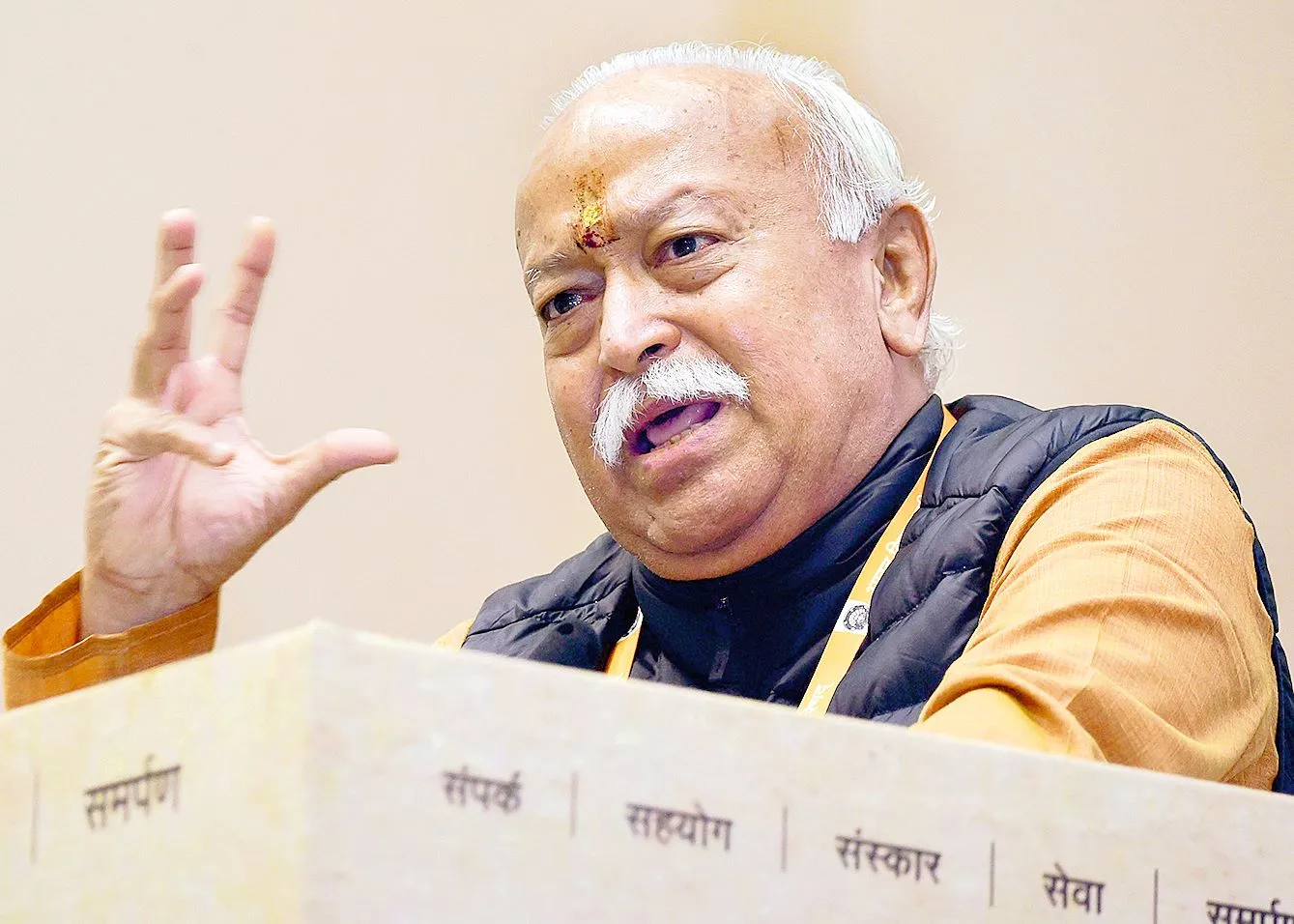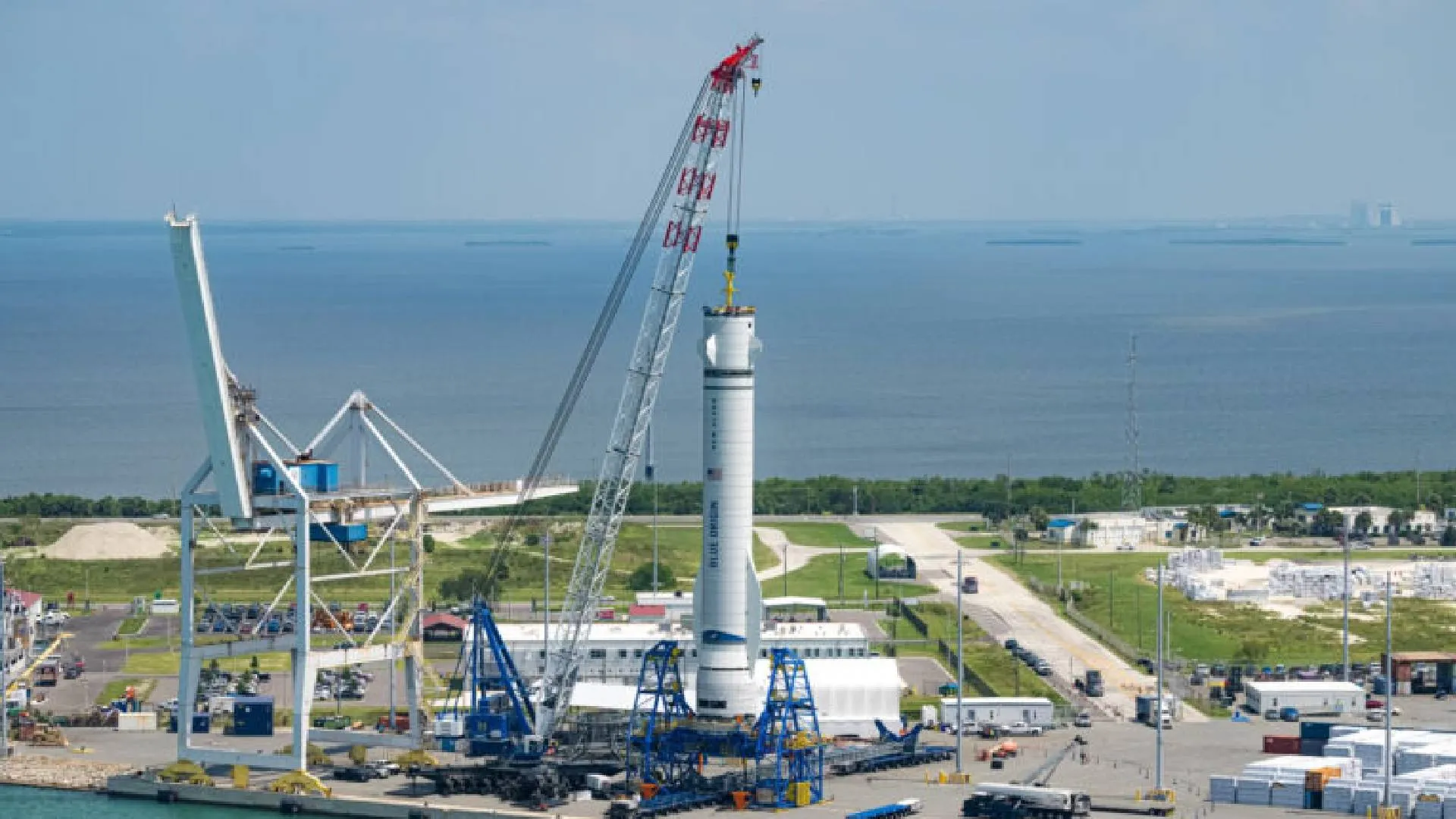Developed countries enjoy giving sermons on human rights to the rest of the world. But their words don’t always match their actions. Many of their actions hurt humanity and the poorest of the world.
The crisis of vaccines ‘intellectual property’ waiver is the latest example of the rich world putting profits ahead of purpose.
At a time when the primary objective of global leaders should be to vaccinate every single person, the west is quibbling over waiving intellectual property rights (IPR) which gives monopoly to pharmaceutical companies.
The irony is stark. A developing country like India is ready to give up its IPR so the world benefits. India is also the biggest producer of vaccines, and one would expect India to protect the IPR of its companies to ensure the highest earnings. However, it has taken the position that all global vaccine makers should waive IPR so that Covid-19 vaccines can be affordable and available to all.
This then is the paradox of the world in a pandemic. Instead of sharing and collaborating, developed countries are hoarding and profiteering with vaccines.
India is producing vaccines not just for its 1.3 billion people, but also for the rest of the world. But India is ready to give up its IPR on vaccines so that it can be readily spread across the world to give access to poorer countries.
More than seven companies are making vaccines in India. While some like Serum Institute are manufacturing under a license from Astra Zeneca, others like Bharat Biotech and Zydus Cadila have developed their vaccines and own the IPR.
India is not a recipient, but a giver of vaccines. Still, it is supporting a waiver of TRIPS on vaccines for the larger good. However, the UK and European Union are fighting to protect their IPR. Strangely, there are some countries like Norway which don’t produce vaccines at all but are fighting to protect the IPR of big pharma.
UNICEF has taken note of the study by science analytics company Airfinity which has exposed the greed of rich countries. “The G7 and EU will have 1 billion more vaccines than they need by the end of 2021, 10 per cent of these are expected to expire this year,” an Airfinity report has assessed. G7 countries include UK and Canada.
This, while poor countries in Africa and other parts of the world struggle to get their supplies.
Is this happening at the behest of big pharma companies that are looking to profiteer from vaccine sales? Are Such countries and their leadership undermining vaccine equity to protect the interest of large companies? Can they morally justify their behavior?
The World Trade Organisation (WTO) has been losing its relevance since it has always leaned towards protecting the interests of the developed world. This is the occasion for the upcoming WTO Ministerial to support the interest of the poorest.
India and South Africa have been leading the charge on IPR waiver on vaccines. The World Health Organisation had hoped that 10% of the population of every country will be fully vaccinated by September 2021. However, more than 55 countries have missed the target. Most of these countries are among the poorest in the world.
There is no doubt that the global pharmaceutical industry has made a terrific effort to develop vaccines to fight Covid 19. While it took a decade or more to develop a vaccine earlier, Covid 19 vaccines were developed within 18 months.
Further efforts on creating nasal or oral drops for Covid are underway. Governments are funding and supporting manufacturers. So why is this urge to still profiteer by holding on to IPR and forcing poor countries to buy at expensive prices?
The vaccine business can’t be a sellers’ market. Even in normal years, the big pharma companies have faced criticism over their monopolistic behavior. They have been rightly accused of evergreening their patents to ensure that generic manufacturers do not sell their products at affordable prices.
However, in times of pandemic, they have to rise above bottom-line concerns. And it is not as if they are not being paid. Most governments have pre-ordered vaccines and for the pharma companies, there is no dearth of funds.
The stock prices of global pharma companies are zooming up. Investors are betting big on the pharma and healthcare sector by investing billions more.
Wouldn’t it be better for their reputation and the world’s health that IPR laws are waived during the pandemic? This could allow hundreds of new companies in many new countries to begin manufacturing locally.
There is also the carbon footprint issue. If such vaccines are manufactured locally in every country, the logistics cost and therefore the carbon footprint of delivery will be much lower. Vaccines have to be delivered across countries on flights and in highly refrigerated containers. If the physical distance between consumption and production can be reduced, there would fewer flights and shorter drives by refrigerated trucks. Surely the resulting carbon footprint will be lower.Think also about the impact it will have on the local economy of the countries. It could boost regional pharma manufacturing ecosystems. Global investors would have many more options to invest in. The African continent alone has over 1 billion people who are in great need of affordable medicines and healthcare. When a ready market meets locally available affordable vaccines and medicines, it is a winning situation for every stakeholder. A healthy population is more productive and will contribute to the economy. A rise in health consumers will create demand across many product and service categories.
IPR waiver is not only about vaccine equity, but it is also about the growth and transformation of regional economies. It is time that governments and industry leaders look at IP waiver with a holistic view and not from the narrow view of profits being lost.
In sum, there are moral, ecological, and economic reasons for IP waiver of vaccines. Waive the IPR and let a thousand vaccine makers produce.
Pranjal Sharma is an author and economic analyst. Views expressed are his personal.
More than seven companies are making vaccines in India. While some like Serum Institute are manufacturing under a license from Astra Zeneca, others like Bharat Biotech and Zydus Cadila have developed their vaccines and own the IPR.
India is not a recipient, but a giver of vaccines. Still, it is supporting a waiver of TRIPS on vaccines for the larger good. However, the UK and European Union are fighting to protect their IPR. Strangely, there are some countries like Norway which don’t produce vaccines at all but are fighting to protect the IPR of big pharma.























